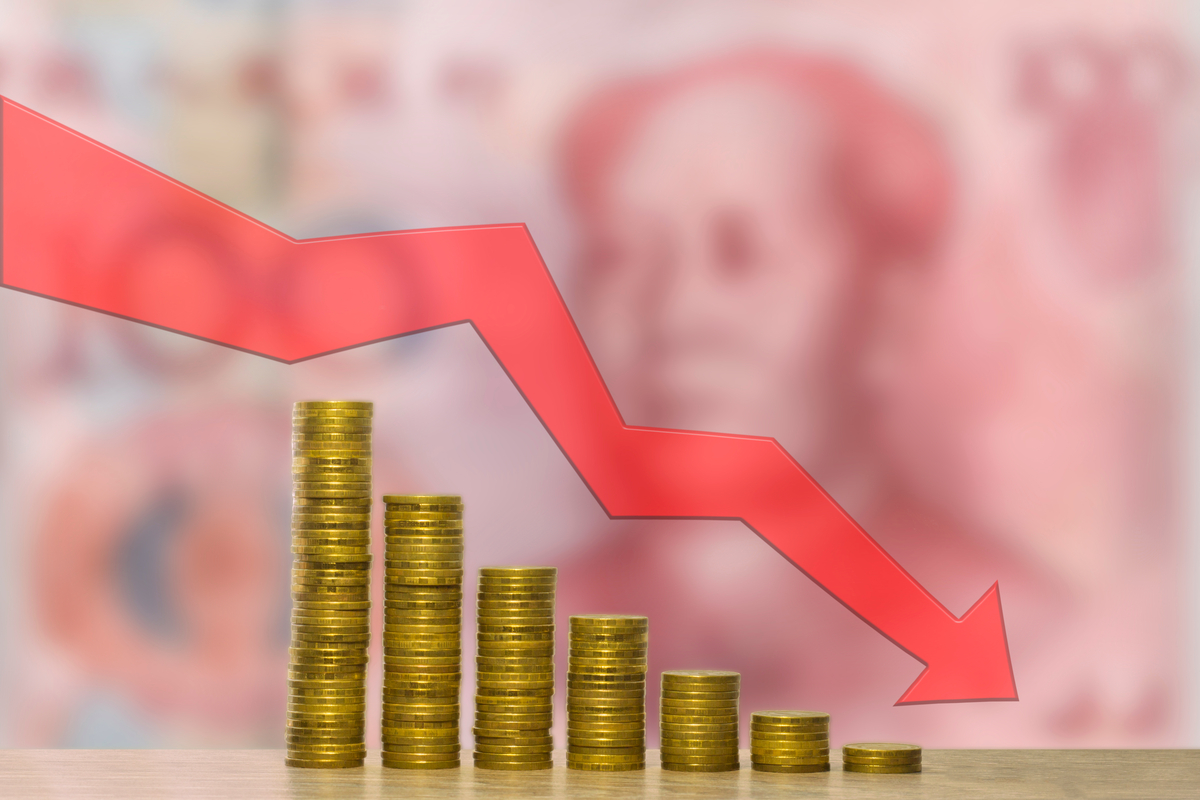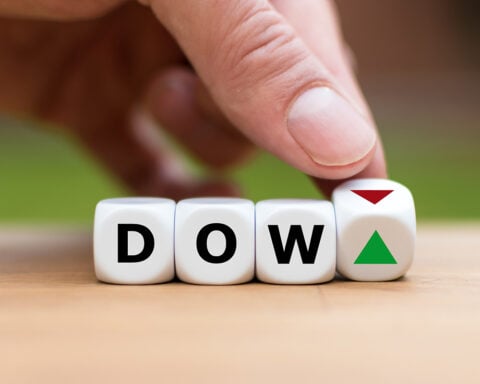In response to the U.S. long-term credit rating being downgraded by Fitch Ratings, global stock markets saw a significant decline on Wednesday. Nevertheless, renowned economists maintain a calm outlook.
On Tuesday, Fitch, a recognized rating agency, demoted the U.S. long-term foreign-currency issuer default rating from AAA to AA+. This action was provoked by a forecasted fiscal downturn over the next three years, governance erosion due to consistent political deadlock over the debt limit, and a steadily mounting debt burden.
Following the downgrade, U.S. stock futures severely dropped, indicating a roughly 300-point dip for the Dow Jones Industrial Average at Wall Street’s Wednesday opening. By mid-morning in London, the pan-European Stoxx 600 index had fallen by 1.6%, with all sectors and significant markets seeing notable declines. A similar trend was observed across Asia-Pacific stocks.
Esteemed economists, including former U.S. Treasury Secretary Larry Summers, Allianz Chief Economic Advisor Mohamed El-Erian, and current Treasury Secretary Janet Yellen, voiced their critique of Fitch’s decision. Summers called the decision “bizarre and inept,” El-Erian was “perplexed” by the timing and reasoning, and Yellen dismissed the downgrade as “outdated.”
Goldman Sachs’ Chief Political Economist, Alec Phillips, remarked that the decision, not based on fresh fiscal data, was unlikely to result in a lasting shift in market sentiment beyond the initial sell-off on Wednesday. Phillips further argued that major Treasury security holders were unlikely to be compelled to sell due to the rating shift.
Although this is the first downgrade of its nature since 1994, Phillips pointed to S&P’s 2011 downgrade of the U.S. sovereign rating, which, despite causing a significant dent in market sentiment, did not trigger forced selling. The S&P 500 index bounced back by 15% in the subsequent year.
Wells Fargo Securities’ Head of Equity Strategy, Chris Harvey, agreed that Fitch’s downgrade would not have a similar impact to the S&P’s 2011 downgrade and predicted any stock retreat to be “relatively short and shallow.”
On the other hand, veteran investor Mark Mobius suggested that the downgrade might stimulate investors to reassess their strategies around U.S. debt and currency markets. Although he predicts continued U.S. stock market growth parallel to global peers, he advises considering diversification away from the U.S. and into equities.
Virginie Maisonneuve, Allianz Global Investors’ Global CIO of equity, underlined the market’s need to stay alert for other potential triggers that could lead to a more extended downturn. She underscored the ongoing investment grade of the Fitch decision, insisting markets should concentrate on future trends rather than past incidents.
Despite the initial shockwave sent by Fitch’s decision through the markets, respected economists and market strategists urge investors to look beyond the immediate impact. They contend that the downgrade, albeit substantial, does not reveal any new fiscal information and thus should not induce a prolonged market disruption. Nonetheless, the incident has sparked discussions around diversification importance and heightened investor awareness of other potential triggers that could lead to a more extended market downturn.







